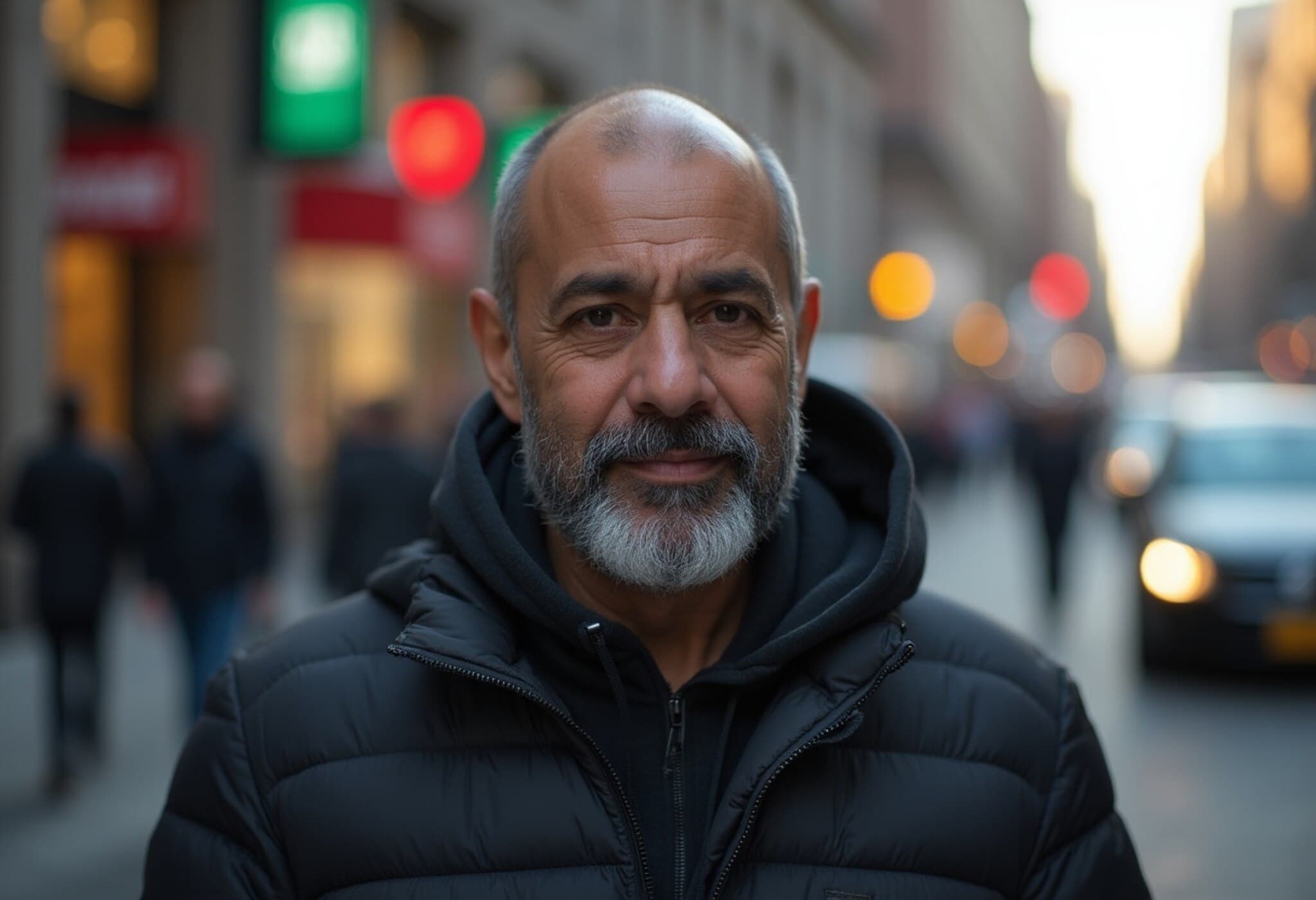Justice Department Targets Naturalized Citizens for Denaturalization
The U.S. Department of Justice (DOJ) has unveiled a new directive that intensifies efforts to revoke citizenship from naturalized Americans involved in certain criminal activities. This policy, outlined in a memo dated June 11, 2025, encourages attorneys to prioritize civil denaturalization proceedings against individuals who obtained citizenship through fraud or concealment or who pose ongoing threats due to criminal conduct.
Key Policies and Priorities
According to the memo, an estimated 25 million naturalized U.S. citizens are now under heightened scrutiny. The DOJ has identified ten priority categories for potential denaturalization, including individuals linked to war crimes, human rights abuses, gang activity, terrorism, financial fraud, and medical fraud.
Importantly, these denaturalization efforts are pursued through civil litigation, where the burden of proof is lower than in criminal cases. Unlike criminal trials, individuals targeted by denaturalization are not entitled to government-appointed attorneys, raising significant civil liberties concerns among advocates and legal experts.
Legal and Civil Rights Concerns
Immigration and civil rights advocates warn that this aggressive approach could lead to abuses and create a precarious second-class citizenship status for naturalized Americans. Sameera Hafiz, policy director for the Immigration Legal Resource Center, described the policy as "shocking and concerning," highlighting risks of eroding due process protections.
Law experts have also cautioned that the wide discretion granted to DOJ attorneys — allowing pursuit of denaturalization in cases beyond those explicitly listed — opens the door to expansive and potentially arbitrary enforcement.
Procedural Changes and Implications
By utilizing civil proceedings, denaturalization cases can be expedited with reduced evidentiary standards. Critics argue this compromises fairness for the individuals involved, particularly as citizenship revocation may result in deportation to countries they no longer have ties with.
Notable Case: Military Veteran Stripped of Citizenship
On June 13, a U.S. judge revoked the citizenship of Elliott Duke, a naturalized military veteran originally from the United Kingdom. Duke was convicted of distributing child sexual abuse material and had failed to disclose this during his naturalization process. This case is perceived as a precedent for future denaturalization actions under the new policy.
Broader Context and Administration Priorities
This policy shift is part of a larger trend within the DOJ's Civil Division under the current administration, which has also targeted diversity, equity, and inclusion (DEI) programs, transgender rights in healthcare, and sanctuary city policies. The division has experienced significant turnover, with roughly 70% of its attorneys departing since January 2025.
The memo aligns with the administration's broader immigration agenda, emphasizing stricter enforcement measures and redefining the terms of American belonging.
Opposition Perspectives
Legal scholars and immigrant rights groups continue to express alarm that these denaturalization efforts could undermine the constitutional protections afforded to naturalized citizens. Laura Bingham, executive director of the Temple University Institute for Law Innovation and Technology, warned of dangerous precedents that could unsettle families, particularly children deriving citizenship through naturalized parents.
Conclusion
While lawful permanent residents still qualify for naturalization under standard criteria, the expanded denaturalization policy signals heightened vigilance post-naturalization. Individuals seeking citizenship are advised to maintain transparency and seek legal counsel given the evolving enforcement landscape.
Key Takeaways:
- The DOJ memo directs aggressive civil denaturalization targeting naturalized citizens involved in certain crimes or fraud.
- Civil legal proceedings for denaturalization reduce procedural protections, including the right to a government attorney.
- The policy draws concern for potential abuses and the creation of a two-tiered citizenship system.
- A recent case involving a military veteran sets a precedent for this stricter enforcement.
- The move is part of a broader agenda affecting immigration, civil rights, and federal enforcement priorities.



















